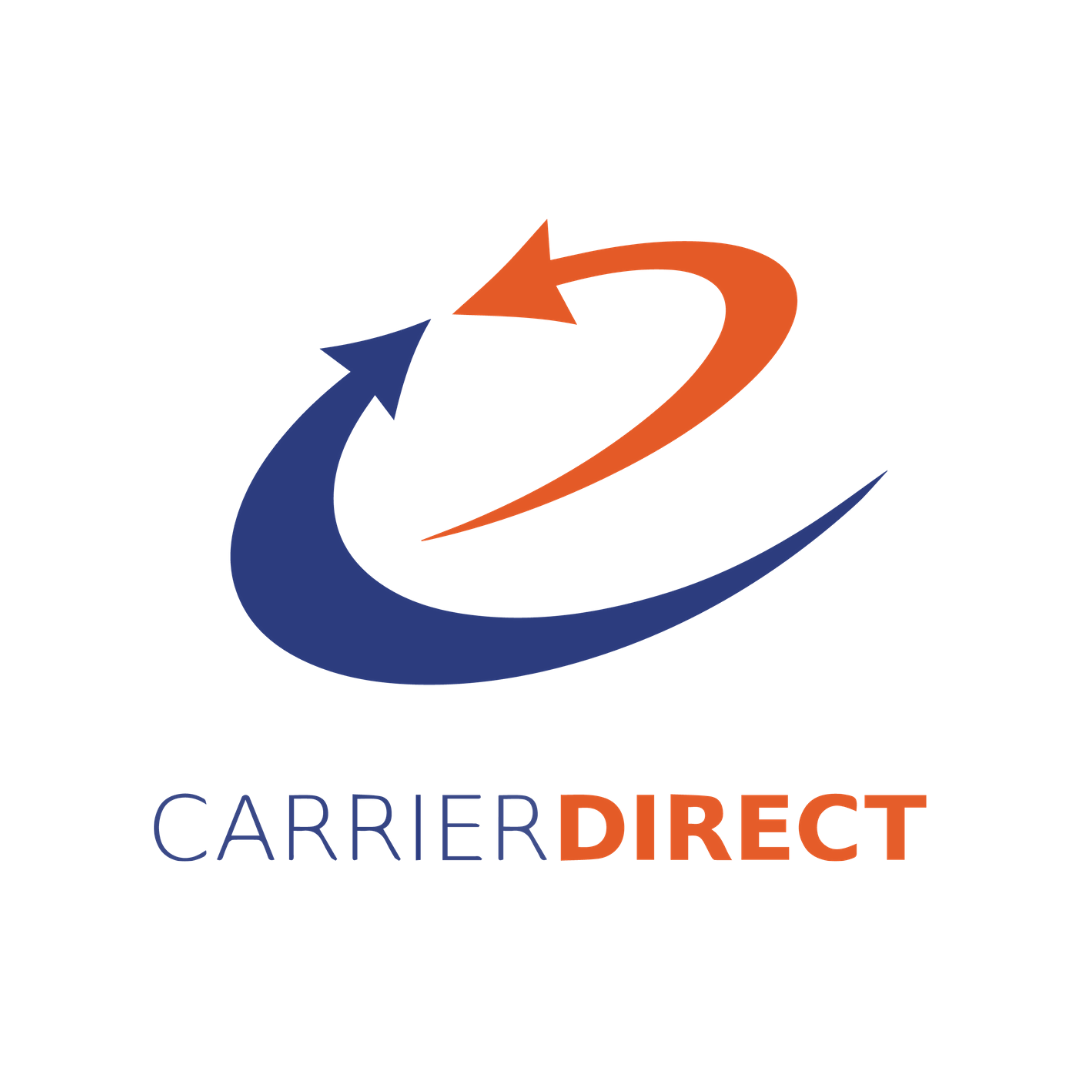This past week Ryan and Peter headed to Miami for the 2020 Stifel Transportation & Logistics Conference. This year’s conference had over 60 of the leading public and private companies in the industry, as well as access one-on-one conversations with those companies and panels about what is driving the industry. Thank you to the Stifel Team for hosting a great conference!
Here are our top 4 takeaways from this year’s Stifel Transportation & Logistics Conference.
Carriers Are Not Concerned About Rates But Instead Are Focusing on Yield
What we heard: The second most common topic out of the mouth of executives discussing their focus - Yield. Yield was a huge talking point for carriers - maximizing the internal trailer cube for the LTL focused carriers, as well as utilization for the truckload and OTR carriers. Greg Gantt, President and CEO of Old Dominion Freight Lines, spoke at length about how the company has made moves to impact yield on their trailers - such as adding racking to every line haul trailer to allow for stacking to capitalize on the upper cube. Most of the truckload carriers spoke about focusing on business lines and customers which positively impacted yield. Eric Peterson - Chief Financial Officer of US Xpress listed a 5% increase in utilization as a strategic goal over the next 8 quarters to improve OR. Logistics was a hot topic on how companies could do just that.
Everyone admitted it is still a shipper’s market, but carriers seemed confident that rates will increase in the second half of 2020. The general consensus was that capacity is leaving the market. Companies looked to two major factors - Insurance and The Drug and Alcohol Clearinghouse. Particularly the DAC has started removing slack capacity from the market. Derek Leathers, CEO of Werner, spoke at length about the impact on capacity.
What we think it means: This will impact the economy directly. A focus on increasing yield and efficiency of operations, as opposed to slashing the way to an improved operating ratio, will be best for carriers in the long run.
It’s a New Day for Logistics Services
Logistics was another hot topic. While a few companies downplayed the need to focus on Logistics, the overarching sentiment that shippers are demanding more from Carriers. Incredibly important to note - the participants on the Shipper Panel discussed the desire to cut down on providers, and use the asset and non-asset capabilities of their providers. Companies like Hub Group are making heavy investments in brokerage and logistics. President and COO Phil Yeager talked about how, even in a down market, a focused investment in brokerage yielded an 11% increase in that BUs load count.
Shelley Simpson from J.B. Hunt talked at length about how the “brokerage centric” approach to freight execution has influenced how the company has built the 360 platform, and used it to execute against both assets and third-party carriers. J.B. Hunt’s analysis shows an increase over the last two decades of the percentage of total freight moved that is brokered, non-asset market it brokered, jumping from 11% in 2008 to 20% in 2017, with an estimated increase to 44% by 2024. With this increase in volume, they have been able to capture 651,000 facility reviews in over 60,000 locations, which allowed them to use data to reduce wait time for their 3rd party carriers.
As a tactic, Derek Leathers identified using company assets against harder to serve, harder to solve, problems, allowing non-asset groups to continue to be an aggregator of capacity as a key to success. That is not to say that everyone agreed non-asset divisions could be additive. While perhaps not meaning to, several carriers also downplayed the place brokerage could play in their growth story, instead of talking about continued heavy investment in assets and drivers as the market would allow.
As for the question of non-asset, carriers are placing their bets either in favor of the role of brokerage, or against. It will be interesting to track the performance of carriers seeing brokerage as a core offering, and those who do not. We believe that brokerage provides a path for carriers to flex up to meet customer demand while maintaining flexibility for the enterprise and without the capital investment of adding trucks to fill every customer request.
What we think it means: Carriers who are unwilling to not just embrace, but strategically leverage non-asset capabilities will be at a competitive disadvantage. It is going to be crucial for companies to get on board with brokerage offerings because of the industry’s shifting landscape. While in the past this has not always been the case, now more than ever logistics offerings play a large role in the success of carriers and their ability to serve all the needs of a customer.
What Exactly is “Real” With All This Technology Talk?
What we heard: While new technology is great in driving the industry forward and affording companies new opportunities, carriers and shippers are still having trouble adapting. This is perhaps the biggest challenge they face when it comes to technology strategy.
All companies recognized that any technology journey starts with what may not be worthy of a press release - like database structures or simply updating architecture. However each company is at a different place in their technology journey. Some companies spoke at length about how technology can drive automation and improve yield - both in employees and in asset utilization. Others downplayed the need to modernize instead focusing on “staying the course.”
Some unifying factors in the conversation - start with a focus on the customer experience, leverage data, and investments in technology need to start where it is not “sexy.” Carriers and shippers at the conference talked about removing friction, and delivering more than just product from A to B. There was general agreement that customers want to be “consulted not sold,” and any change in technology needs to start with removing friction and enabling a more consultative approach.
As another example of how brokerage can be leverage strategically, Schneider CEO Mark Rouke talked about how brokerage is a great incubator for IT investments. A perfect example of real use cases of new technology enabled by data is what JB Hunt is able to accomplish with their 360 platform. They’ve been able to capture 651,000 facility reviews over 60,000 locations; JB Hunt has used this data to reduce wait time for their 3rd party carriers.
What we think it means: There was a marked difference between the companies investing in future-looking technology and their outlook - generally more positive - than those not. Your technology is only as real as you make it. Companies that are not actively improving their technology strategy are going to get left behind. They will need to strategize how they handle and deliver organizational changes. This includes recruiting, process, compensation, and operating models. Companies who make focused and intentional investments in these will capitalize on the opportunities made available by new technology.
Navigating an Uncertain Landscape
What we heard: Everyone wants clarity for the uncertainty that lies ahead for 2020, specifically with AB5, national independent contractor laws, and the need for tort reform. There is too much uncertainty for carriers on both how to organize their operations, but also how exactly to operate.
The number one word on everyone’s lips - insurance. There’s a general feeling that increasing insurance premiums will have staying power. A few companies relayed that underwriters are pulling out of transportation. While that is not atypical in a cycle like this, the real reason for staying power is it becomes a “hard dollars” issue for insurers - where claim payouts are exceeding the intake of premiums. Without some significant tort reform, carriers are at a loss for what to do. With nuclear verdicts reaching ever-increasing levels, a carrier can be found liable even when the driver did “everything right.”
What we think it means: Simply put - uncertainty is bad for business - always has been, and always will be. Clarity on independent contractor status allows carriers to adjust. Due to the nature of the industry, litigations will not be disappearing any time soon. However, the reform is especially impactful to transportation because it could eliminate joint and several liabilities, caps on punitive damages, recognizes collateral sources, and the use of non-use seat belts. The tort reform works side-by-side trucking associations affiliated with states to ensure the trucking industry is included in state tort reforms.
Overall, what is clear is that 2020 will be a year of change. We can expect a shifting landscape but not one which is bleak as compared to 2019. How are you going to stay on top of this shift? Questions like these are what CarrierDirect wants to help you answer. If you are worried about how you will adapt, let us know. You can find CarrierDirect on LinkedIn and Twitter.




